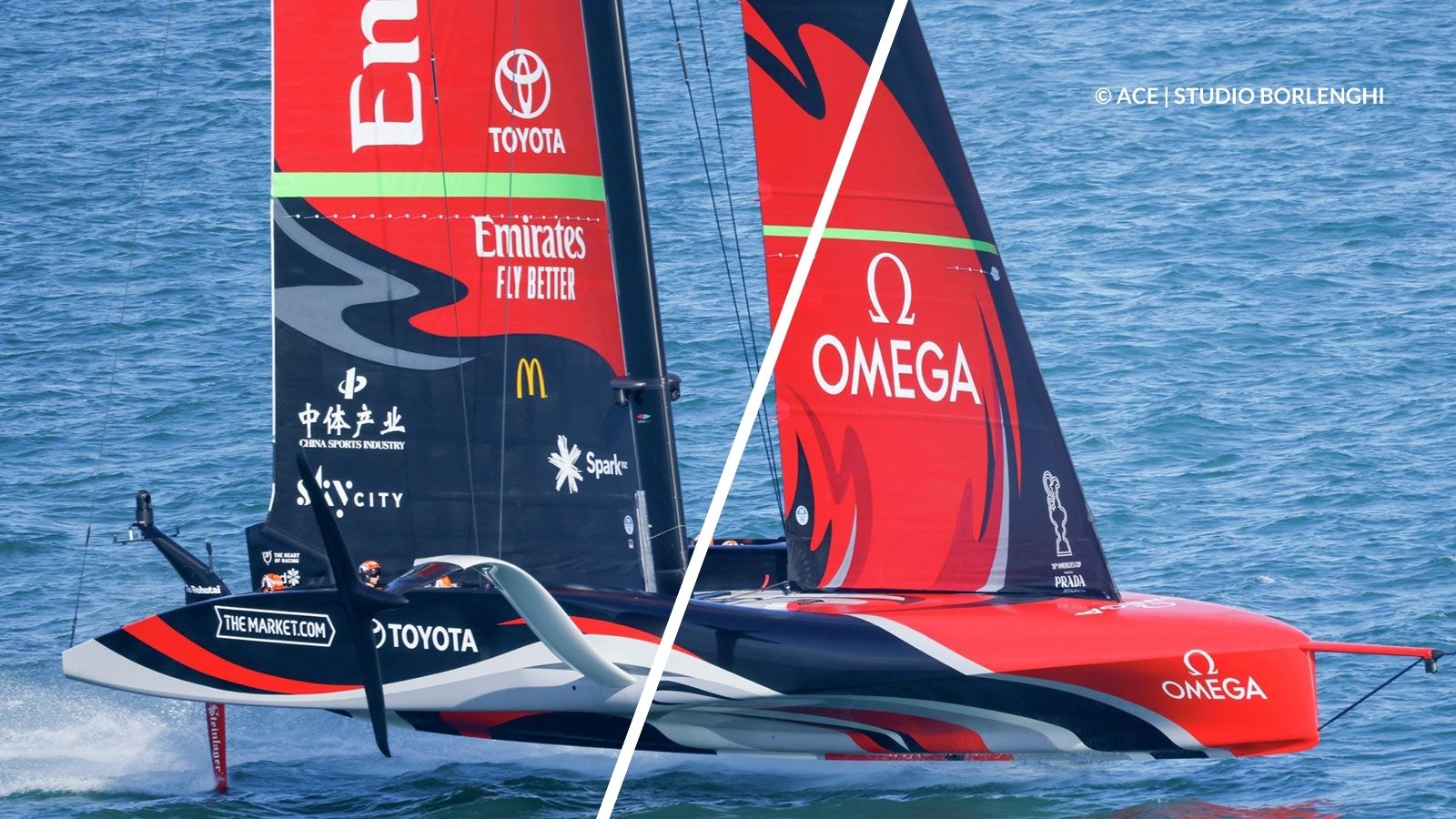Emirates Team New Zealand wins 36th America's Cup
- Communiqués de presse
- Personnes
- Technologie



New Zealand's foil shape and hull design made all the difference in the light and variable winds, delivering them the faster boat and, ultimately, the win at 7-3.
The Defender and all three Challengers were flying with the support of Torqeedo, whose Power 48-5000 battery was selected to power the AC75's foiling cant system. This cutting-edge technology consists of battery-driven 40-tonne hydraulic cylinders that raise and lower the composite foil arms and wings. The foils are incredibly strong and heavy to withstand the extreme forces of manoeuvring a 75-foot yacht at high speeds. The system not only controls speed, lift, manoeuvrability and stability, but ultimately the safety of the yacht and its crew.
Foiling entered the world stage in 2012 with Emirates Team New Zealand's revolutionary AC72 yacht, Aotearoa. This "flying" sailboat utilised wing-like hydrofoils, which slightly increase drag at first but, as speed increases, start to lift the hull out of the water. Once the hull resistance is eliminated, the yacht can go much faster. Before Aotearoa, America's Cup yachts sailed at around 10 knots. This year's AC75s reached speeds of up to 53 knots.
Team New Zealand's victory marks the successful culmination of more than three years of intense cooperation between Torqeedo and all four teams striving to take home the Auld Cup.
More information:
Find high-resolution pictures at the: › Torqeedo Dropbox
Find the main catalogue 2021 here: › Catalogue 2021
Find the commercial catalogue 2021 here: › Commercial Catalogue 2021
Emirates Team New Zealand wins 36th America's Cup
Articles suivants
17 MARS 2021 • 7 MIN TEMPS DE LECTURE
10 MARS 2021 • 5 MIN TEMPS DE LECTURE
4 MARS 2021 • 4 MIN TEMPS DE LECTURE
25 FÉVRIER 2021 • 5 MIN TEMPS DE LECTURE
17 FÉVRIER 2021 • 4 MIN TEMPS DE LECTURE
11 FÉVRIER 2021 • 7 MIN TEMPS DE LECTURE